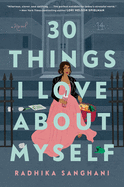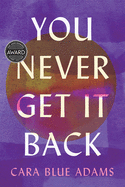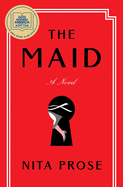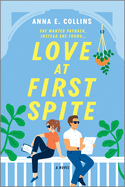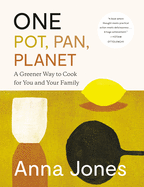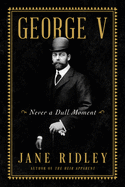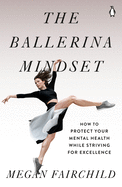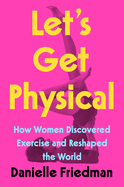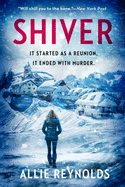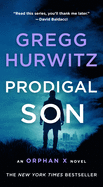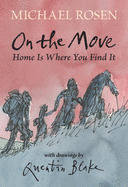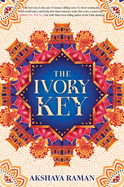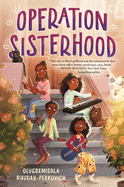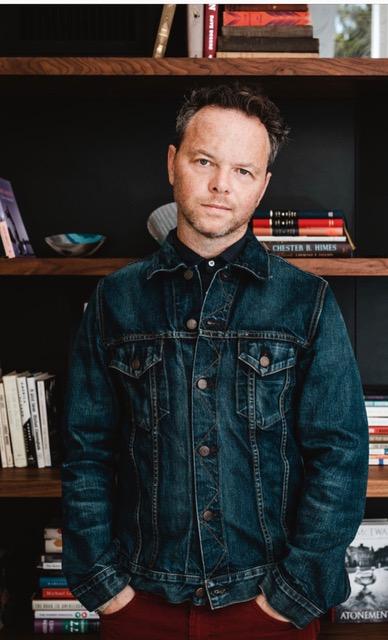 |
| (photo: Carolyn Fong) |
Noah Hawley is an Emmy, Golden Globe and Peabody Award-winning television writer, producer, director, screenwriter, singer and author of five novels. Hawley (Before the Fall) created and is the executive producer, writer and showrunner on FX's award-winning television series Fargo as well as the creator and showrunner on the FX series Legion. Celebrated for his literary thrillers, dynamic plot lines and memorable characters, Hawley's sixth novel, Anthem, is out now from Grand Central Publishing.
How was the idea for Anthem born, and how did it evolve?
The evolution of this novel from where it started to where it ended was pretty profound. It started with an idea from an article I read about parents who show up at their daughter's apartment and it's like the Mary Celeste. The table is set, the food is out, bags are packed but no one is there. The parents try texting and get weird messages back. The idea that an adult child had mysteriously disappeared evolved into the quest in Anthem to find the Wizard.
Anthem is a fantasy novel about the real world we live in. There was a moment when it became clear to me that there was going to be this quest and an almost Middle-earth structure to the story, but it is our world and includes language that is part of our world.
Why did you include a teenage suicide epidemic in Anthem?
The suicide epidemic adds urgency to the quest and also a sense of consequence to the behavior of the past decade or two--the idea that what we reap is what we sow. The book talks about how, when a problem gets too big for us to focus on, we shift our attention to what is easy, the soap opera of human drama. That's why when half the world might be flooding and the other half might be on fire, we focus on the latest tweets of the day.
If my job as a novelist is to reflect the world we live in and to make sense of it, what do I do when the world we live in doesn't make sense anymore? It was a journey and I was along for the ride with this book.
As a parent, which aspects of the story most resonate with you?
Anthem, on some level, mirrors my own fears. The more I do this, the more I realize that what I've been writing about, in this latest season of Fargo and in the Legion television show, is about parenting. If you want to know if a character is moral or not, look at their relationship with a child. In the latest season of Fargo, there's one man, Rabbi Milligan, played by Ben Whishaw, for whom children are a priority. That's heroic. He's not concerned with his own enrichment.
One of the things that occurred to me in figuring out how to talk about this book--and it's something I was able to include in the story--was this question of what skills we need to teach our children in order [for them] to prosper in a world where reality is up for debate.
In discussing political parties in Anthem, you refrain from specifically referencing Republicans and Democrats. Why is that?
I removed language that is burned into our brains in order to see something for what it truly is, and tried as hard as I could to write something nonpartisan because, as I say in the book, I am not interested in taking sides. I just want words to mean what they are supposed to mean. However I am under no illusion that a certain percentage of Americans won't be able to read the book without feeling that I am attacking their ideologies.
After releasing Anthem and your characters into the world, do you think about Louise, Simon and others and their prospects for survival?
I do think about them. I think about how they are going to do and I wonder if I did them justice. As the author of a novel, you have no one else to blame for what happens to your characters.
Much of what I went through in the last season of Fargo was about the experience of Black Americans, immigrants and people who have been traumatized through their outsider stories. I didn't want to create new injuries, to craft scenes where I was asking Black actors to be subjected to racism just because it was good for the plot. So it became this dance. I really wanted to protect the dignity of all the characters, but I also wanted to tell the story, and I think that's true here, too.
People carry past trauma with them, so I'm under no illusion that even if Simon, Louise and others manage to miraculously escape, they will be okay immediately. But I also know that if they can get to a place in which they can make the world simple again, that will go a long way. I'm up here in Wyoming and it's amazingly easy to lower one's blood pressure when the world is bigger than your worries and you can walk outside and experience a sense of perspective.
Your writing has been favorably compared with that of Kurt Vonnegut. Can you share this author's influence on your writing of Anthem?
As I was trying to wrap my head around this book, I thought about Kurt Vonnegut and a book like Slaughterhouse-Five and what he did in that book, which was to re-create the true story of his own war experience and a novel about a guy who's unstuck in time and ends up on the planet Tralfamadore. There is so much genre mixed into the book, yet at its heart it is a simple morality [tale] and it's this element that influenced me.
We act like the issues of our world are so complex but it's like what Greta Thunberg said, you're either fixing the problem or you're not. It's not complicated.
Which other writers have influenced you?
The first novel I read that made me realize a story could be so much more than a series of events was White Noise by Don DeLillo. DeLillo in a very profound way had a huge influence on me. I was a New York kid and his is such a New York voice. His writing is poetic, funny and tough all at the same time.
For this book I went back and reread One Hundred Years of Solitude. Gabriel García Márquez's magical realism really factored in my writing. I also reread Song of Solomon by Toni Morrison. There's just something about that book.
Haruki Murakami and Milan Kundera have profoundly influenced my writing. Kundera's books are essays as well as novels and made me realize that you could both be telling a story and exploring an idea at the same time.
Ayn Rand wrote a dystopian novel set in the future called Anthem. Is there a connection between these two books with the same title?
I wasn't aware until you said it that she had written a novel called Anthem, so there is no connection. But that doesn't mean the Internet won't connect them and that it won't become true! --Shahina Piyarali
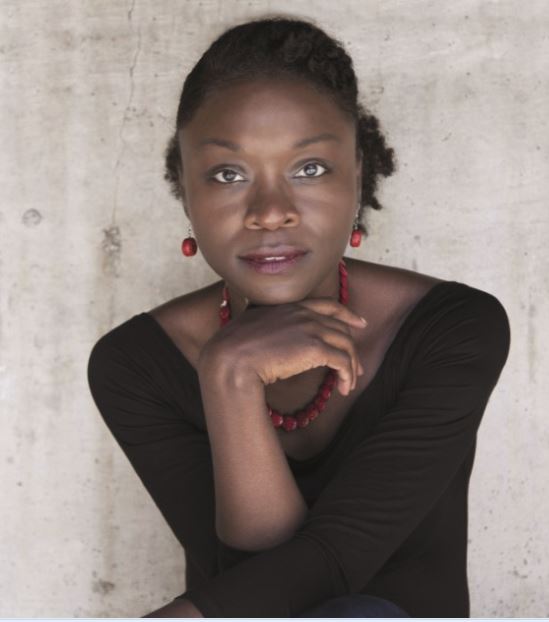
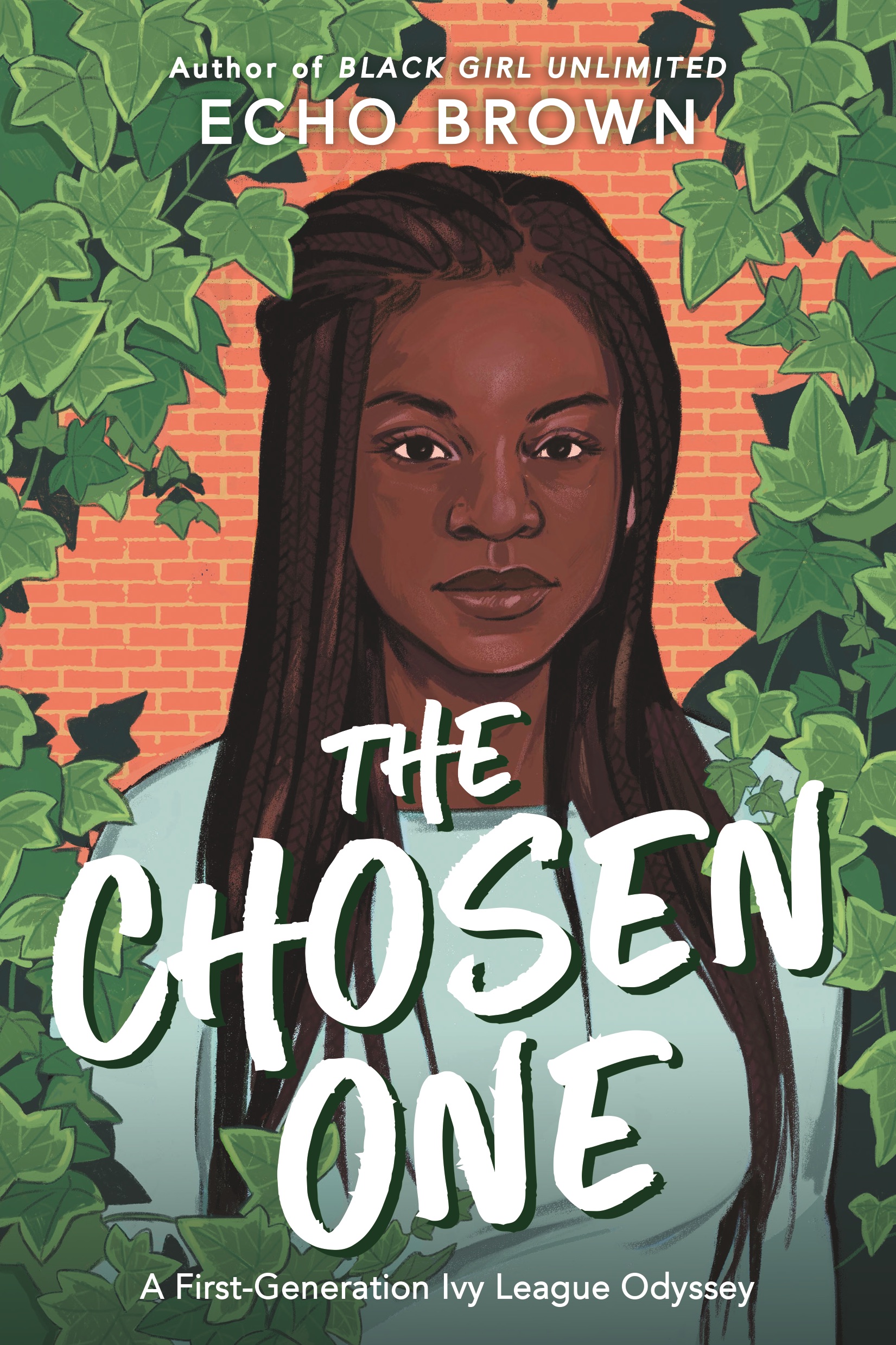 Through triumph and struggle, the protagonist, 18-year-old Echo (inspired by my experiences), learns to overcome her limitations, accept her vulnerability, reach out for support and meet challenges directly. In the process, she discovers her own power and magic, soaring to places beyond what she imagined was possible for herself.
Through triumph and struggle, the protagonist, 18-year-old Echo (inspired by my experiences), learns to overcome her limitations, accept her vulnerability, reach out for support and meet challenges directly. In the process, she discovers her own power and magic, soaring to places beyond what she imagined was possible for herself. 


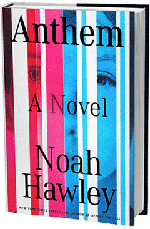


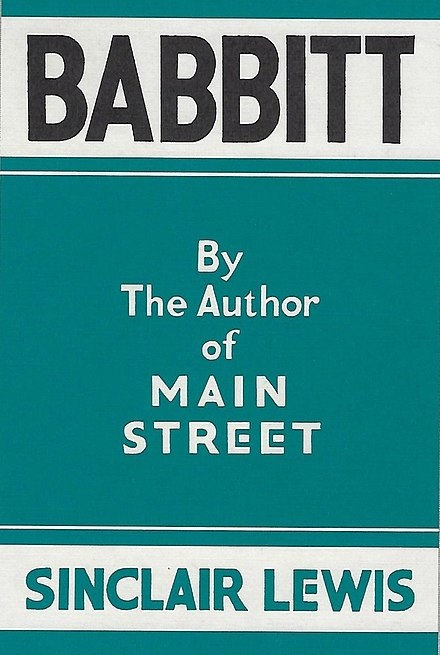 This year marks the 100th anniversary of the novel Babbitt by Sinclair Lewis (1885-1951), who received the 1930 Nobel Prize in Literature--the first American to win the award. The Swedish Academy made special mention of Babbitt, a satire about conformity and the American middle class. Lewis's other critically and commercially successful works include Main Street (1920), Arrowsmith (1925) and Elmer Gantry (1927). Like Babbitt, each of these novels satirizes some aspect of American society: small-town life in Main Street, science education and culture in Arrowsmith, and religious fundamentalism in Elmer Gantry. In 1935, Lewis published It Can't Happen Here, which imagines a fascistic takeover of the United States via a presidential election; it shot to the top of bestseller lists in 2016.
This year marks the 100th anniversary of the novel Babbitt by Sinclair Lewis (1885-1951), who received the 1930 Nobel Prize in Literature--the first American to win the award. The Swedish Academy made special mention of Babbitt, a satire about conformity and the American middle class. Lewis's other critically and commercially successful works include Main Street (1920), Arrowsmith (1925) and Elmer Gantry (1927). Like Babbitt, each of these novels satirizes some aspect of American society: small-town life in Main Street, science education and culture in Arrowsmith, and religious fundamentalism in Elmer Gantry. In 1935, Lewis published It Can't Happen Here, which imagines a fascistic takeover of the United States via a presidential election; it shot to the top of bestseller lists in 2016.